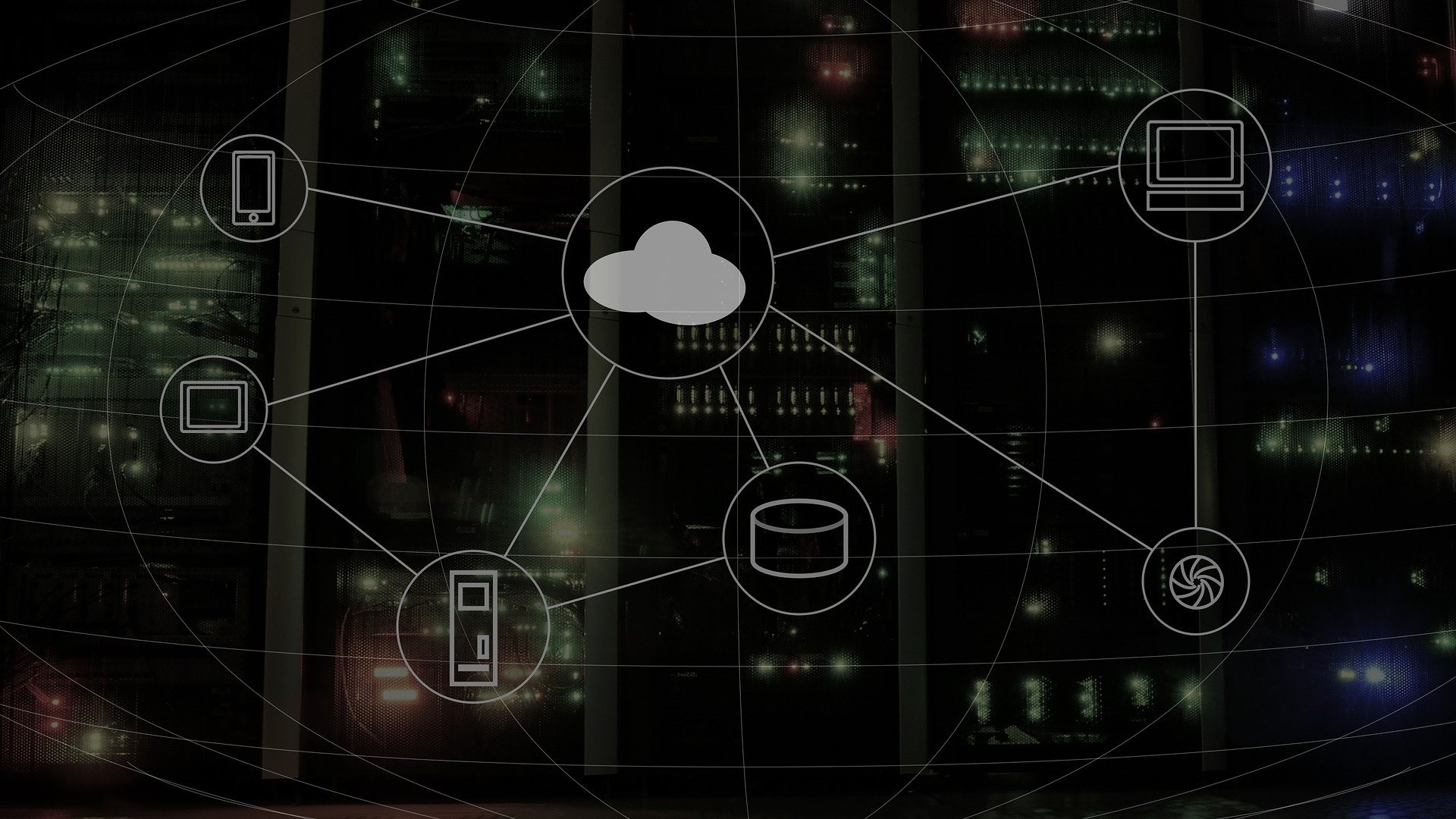By John Fernandes on Jun 03, 2022
~ 2 minutes to read
Cloud computing is a style of computing in which software, servers, and storage are supplied as a service over a network. The cloud model enables easier, faster, and more reliable access to shared resources and services than client-server architecture. Cloud computing provides capabilities for widely dispersed organizations to share common systems across multiple locations, as well as to have dynamically assigned workloads to take advantage of under-utilized facilities.

The increased demand for Cloud computing has led to the development of different types of cloud computing. A few types of cloud computing are:
A public cloud is a cloud computing platform hosted on the internet. It allows users to access application services without the need for the prior or initial installation of any additional software. Using public cloud services, companies can improve the performance of their servers, applications, and data storage without buying additional hardware. This can lead to cost savings when compared with buying or maintaining the technology in-house.
A private cloud is an infrastructure or platform for building, storing, and managing applications in the cloud. It provides on-premises servers, storage, and networking capacity that a company can use to run its applications. A private cloud offers the advantages of a public cloud but with more control over your data and security, as well as better performance.
The hybrid cloud is a cross between an internal private cloud and a public cloud. Hybrid clouds allow you to have greater control over your data, while still getting some of the benefits of the public cloud. Hybrid clouds are often necessary to be able to follow regulations that may prevent you from fully adopting a public cloud. They help organizations make sure they're meeting regulatory requirements while still allowing them to take advantage of cost savings thanks to lower prices associated with the public cloud.
There are four main categories of cloud computing. They are built on top of one another, they are frequently referred to as the cloud computing "stack." It's simpler to achieve your company objectives if you understand what they are and how they differ.
● Infrastructure as a service (IaaS)
● Platform as a service (PaaS)
● Software as a service (SaaS)
● Serverless computing

The Cloud enables businesses to operate and grow as never before. Cloud Computing is not just a new way of delivering IT services. It’s a new model for enabling your business and transforming it into a truly digital enterprise. The following are seven frequent reasons why businesses use cloud computing services:
● Cost
● Speed
● Reliability
● Productivity
● Performance
● Security
● Global scale
Several well-known companies throughout the world have already made the transition to the cloud. The following are a few examples:
● Pinterest
● Netflix
● Spotify
● Expedia
The following are the three major public CSPs that have established themselves as industry leaders:
● AWS
● GCP
● Microsoft Azure
The following are some more major CSPs:
● Apple
● IBM
● Alibaba
● Oracle
● Citrix
● Salesforce
● Vmware
● Joyent
● Rockspace
Cloud computing is something that gives you a lot of freedom and flexibility. You can work anywhere, anytime, on any device, and you can scale up or down as per your need. It makes things easier as far as infrastructure and maintenance go as you do not need to worry about servers, backups, and so on. Hence it is a cost-effective solution for all business owners out there who don't have enough budget to employ IT experts in their organization. What's more, the pay-as-you-go model lets clients spend only on what they use in real-time rather than spending on resources they may or should not be using.
John Fernandes is content writer at YourDigiLab, An expert in producing engaging and informative research-based articles and blog posts. His passion to disseminate fruitful information fuels his passion for writing.